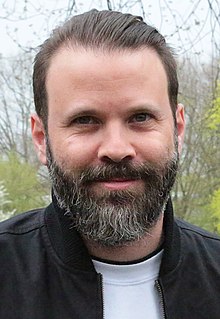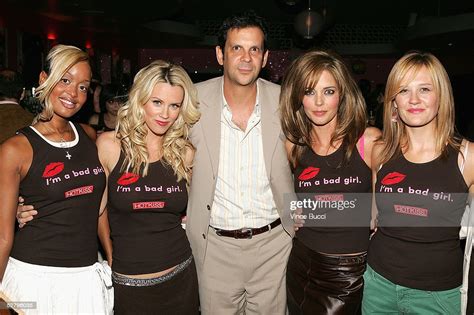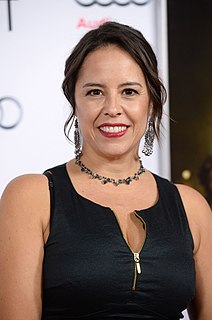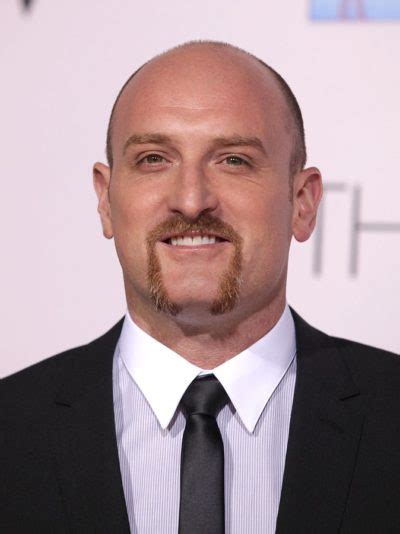A Quote by Lenny Abrahamson
Trying to make something as tricky as 'Room' really believable is extremely hard, and it largely rests with that relationship between the actors and the director, and the director and the crew.
Related Quotes
I learned a lot from Clint [Eastwood], who's an extremely economic director. I learned a lot from Michael Winterbottom, who really gave a lot of trust in the actors and allowed them to live in the space instead of trying to manipulate and make it too set and too staged. Working with [Robert] De Niro taught me a lot of being an actors' director and what that is. I've learned a lot from pretty much everybody. Hopefully I've picked up something from everybody I've worked with.
Your actors need to trust you as a director, but normally, I think you just need to have an open communication between the actors and the director. I think the director needs to really paint his or her vision to the cast and let them know the kind of mood that he or she is making. I think that's very important.
It is one of the few elements in the process that a director really, really can't control: an actor's performance. If you have a director that understands that, it's comforting to an actor. You're starting the relationship more as a collaborator, rather than as an employee or some kind of a soldier trying to execute something you don't organically feel.
To go into more specifics regarding actors, whether they're from Korea or the U.S., all actors know if they are loved by the director. When they feel that love from the director, they respond by giving a great performance on camera. Also, everyone on set - the crew, the actors - they were aware of the film's message and its broad theme, so these big issues were never discussed on set.
To be a great director, what does it mean exactly? It's not only about a great director, but also about being able to rely on the very special chemistry that goes between them. It not only has to be a great director, but the great director has to make his relationship to you, the actor, very special.
I think I'm an extremely conscientious producer and now equally as a director and it gives me the opportunity to look at the entire movie and really allow the movie to be the creative vision of the actors, the writer and myself, because I'm in charge of it from a producer and a director point of view.
Film works when a director and a star have a connection. You know, when there's something telekinetic between them, there's a partnership, it's like alter egos. It's like James Stewart and Alfred Hitchcock, or Fellini and Mastroianni. I'm not comparing, I'm just saying, if you can come into a relationship where the director and star have such a bond, it's so much easier to make a movie.
I certainly would never overstep my bounds and make suggestions to a director. As an actor I'm trying to fit to the best of my abilities within the director's vision, and trying to find some happy rapport where we can both bring something to it that's fresh. Usually I've been lucky in working with directors who have trusted my instincts.
The shift for me, after spending a long time trying to take existing projects and bring them to fruition as a director for hire, is going back to where I started as a self-generating director. After trying and failing to get so many things made, I have decided that you've just got to do something you really, really love.
One of the good things is the relationship between director and editor used to be more contentious. Studios used to leave directors alone more during the post production process and now they're clamoring to get in. So, the director and the editor end up teaming up sort of against the studio to fight what they're doing and you lose the creative tension that you used to have between an editor and a director.





































